Influencers have become powerful voices in shaping consumer behavior and brand perception. In a report by CreatorIQ, 55 percent of TikTok users state that they trust a brand more when it's shared by a creator – and we can assume the same rings true for other platforms. Data like this proves that influencer marketing is a valuable strategy for brands looking to reach a large, engaged audience.
Now, the terms “influencer” and “creator” are often used interchangeably and for good reason. While they are somewhat different, either will work for a marketing campaign, as they both likely partner with brands.
So whichever camp you fall into — whether you're a brand seeking advice on how to find the right person to amplify your message or a budding influencer/creator researching how to get in front of brands — this article is for you.
We'll explore the key steps in identifying, evaluating, and collaborating with influencers to ensure your marketing campaign achieves its goals. By the end of this guide, you'll have a clear roadmap to harness the power of influencer marketing effectively.
6 places to find influencers or creators
Finding the right influencers or creators for your marketing campaign is crucial for its success. Here’s a detailed guide to help brands and influencers alike in their search.
1. Start by searching on social media
Social media platforms are a goldmine for finding potential influencers and creators. Here are some tips for using social media:
- Check relevant hashtags: Search for hashtags related to your industry or campaign theme. For example, watch brand Breda Studio would benefit from searching hashtags like #watchtok or #womenswatches to find relevant TikTok creators.
- Explore influencer directories: Platforms like Instagram and TikTok have directories where you can start your search and find popular and trending influencers in various niches.
- Use analytics and social listening tools: Start from SocialBlade to find in-depth analytics on influencers, helping you track their growth, engagement rates, and overall influence. Then, use BuzzSumo or Sparktoro to identify popular content in your niche and the influencers who share it. This can help you find influencers already engaged with topics relevant to your brand.
Of course, verify the authenticity of influencers' followers and engagement. Look out for signs of fake followers or engagement bots, and ensure the influencer’s audience aligns with your target market.
2. Find the right influencer marketing platform
Influencer marketing platforms and tools are a great way to discover and evaluate potential influencers, and choosing the right one can streamline the process of finding and managing influencers.
A lot of them are “done for you,” with application processes, teams, and technology sorting the most ideal partners for you. They typically provide insights into influencer metrics, audience demographics, and engagement rates, helping you make informed decisions.
Here are some platforms to consider:
- HashtagPaid: Known for its authenticity and quality, HashtagPaid connects brands with influencers who create genuine content that resonates with audiences.
- Grin: Ideal for e-commerce brands, Grin offers a comprehensive suite of tools for managing influencer campaigns, from discovery to reporting.
- inBeat: Perfect for small to medium-sized businesses, inBeat specializes in connecting brands with micro- and nano-influencers to drive engagement and conversions.
- Passionfroot: If you’re on the hunt for creators specifically, Passionfroot is the place to be. The platform focuses on helping brands build long-term relationships with creators, making it ideal for brands looking to create ongoing partnerships.
- Influence.co: With Influence.co, you can search for influencers by industry, location, and social media platform, making it easier to find the right match for your campaign.
3. Follow industry media platforms
Staying updated with industry news and trends can help you discover influencers who are gaining traction. Here’s how:
- Podcasts: Listen to industry-specific podcasts where influencers are often featured as guests. These can provide insights into their personalities and reach.
- Newsletters: Subscribe to newsletters that cover your industry’s latest trends and influential figures. These often highlight up-and-coming influencers.
- Websites: Regularly visit websites and blogs that focus on your industry. They often feature interviews or articles about key influencers.
My version of this for work is the Creator Science podcast, the Passionfruit newsletter, and the Business Insider “Creator Economy” tag.
4. Check your competitors
Analyzing your competitors can give you a look at effective (and ineffective) influencer strategies.
Look at the influencers your competitors are working with and analyze the type of content they create and the engagement they receive. Dig deeper to find who these influencers follow and engage with to lead you to other potential partners.
Tools like SEMrush or Ahrefs can be useful for tracking your competitors’ influencer campaigns and providing insights into successful strategies and potential influencers to consider.
5. Participate in industry events
Well-attended industry conferences (online or offline) where influencers might speak or participate can be a great resource for discovery. These events can be a great opportunity to network and identify potential collaborators.
Engage in X Spaces, TikTok Lives, or LinkedIn Audio Events relevant to your industry. Creators often participate in these events, providing a chance to connect directly
6. Ask your community
Your community can be a great resource – and is probably your best resource – for finding influencers to work with. Engage with them on social media or through email newsletters, asking them to recommend their favorite influencers. This can help you find creators who already resonate with your target audience.
Alternatively, I suggest identifying active community members who consistently create content related to your brand. These loyal followers can become powerful brand ambassadors and create authentic user-generated content.
Best practices for working with influencers
Before diving into influencer discovery, it's crucial to lay a strong foundation for your campaign. Here are some tips on what you need to do before you even start your search:
Determine the type of influencer you want to work with
Before you take any steps, you need to decide what type of influencer you need as a partner. Here’s how they’re currently categorized:
- Nano (1,000 to 10,000 followers): Although they may have smaller audiences, their followers are often highly engaged and trust their recommendations deeply. This makes nano creators ideal for brands looking to target niche markets and foster authentic connections with their audience. Most beginner creators fall into this category.
- Micro (10,000 and 100,000 followers): They strike a balance between reach and engagement, often boasting higher interaction rates than larger creators. Microcreators are perfect for brands aiming to reach a decent-sized audience while still maintaining a sense of authenticity and personal connection.
- Macro (100,000 to 1 million followers): They have a significant reach and can generate substantial visibility for brands. While their engagement rates might be lower compared to nano and micro creators, macro creators are effective for campaigns that require broad exposure and brand awareness.
- Mega (1 million+ followers): Mega creators, also known as celebrity influencers, offer unparalleled reach and can drive massive awareness for brands. However, collaborations with these creators often come with higher costs and may result in less personalized engagement. Mega creators are best suited for large-scale campaigns with significant budgets aiming for maximum visibility. Your Mr. Beasts and MKBHDs fall under this category.
Audience size isn’t the only thing that changes with each category — pricing also varies wildly. However, there is a lot more nuance when it comes to how much a creator might charge, depending on campaign requirements, past partnerships, experience, and so much more. Consider your audience, campaign goals, and budget to determine the right type of influencer for your brand.
Fashion creator @lindeysharlassian partnered with Dissh for one video out of several in her TikTok series on shopping for summer clothing for a trip to Bali. From what we can see, she posted a video with gifted items and an accompanying voucher giveaway to her audience of 11k+ followers.
@lindseysharlassian Comment your fav Dissh piece below for a chance to win a $50 gift voucher. Winner will be announced August 31st. #dissh #disshhaul #summerstyle @DISSH
She posted a video with a similar concept, this time for the brand Elka Collective.
@lindseysharlassian Comment your fav @Elka Collective piece below for the chance to win a $50 gift voucher 💕 #summerstyle #summerhaul
Partnerships like this provide value for both the creator and brand because the creator gets items that align with their content as well as an opportunity to reward their audience. Meanwhile, the brand gets increased awareness to an audience that is already primed to search for items in the summer category.
Define your goals for a partnership
Develop a detailed audience persona that includes demographics, interests, pain points, and social media habits. This fictional representation of your ideal customer will guide you in selecting influencers whose audience matches your target market.
Also, identify the social media platforms your target audience uses the most and ensure the influencers you consider have a strong presence on these platforms to maximize your campaign’s effectiveness.
In the case of tech creators, @radoslavbali’s partnership with Miro is a great example of knowing your audience. Determining that their audience was probably not as active on TikTok as they are on Instagram, we can deduce that despite Rad’s fairly large audience on TikTok (111k+ followers), the brand chose to contain their partnership to Rad’s 350k+ Instagram audience.
Set a budget and compensation plan
Kicking off with an example, we worked with influencers on our Threads launch. During initial research, we prioritized creators within our specific niche of social media and the creator economy. We also made sure we looked at our community for potential people to work with.
Since influencer marketing is fairly new to our team, our desired outcome was to see what was possible with this kind of marketing and set a benchmark to build off. We ultimately prioritized two things: creators with the right audience and creators who fit within our budget.
The main lesson here is that there’s an influencer for every budget. You just have to plan yours and look for creators who f
Related Posts
Recommended Story For You :
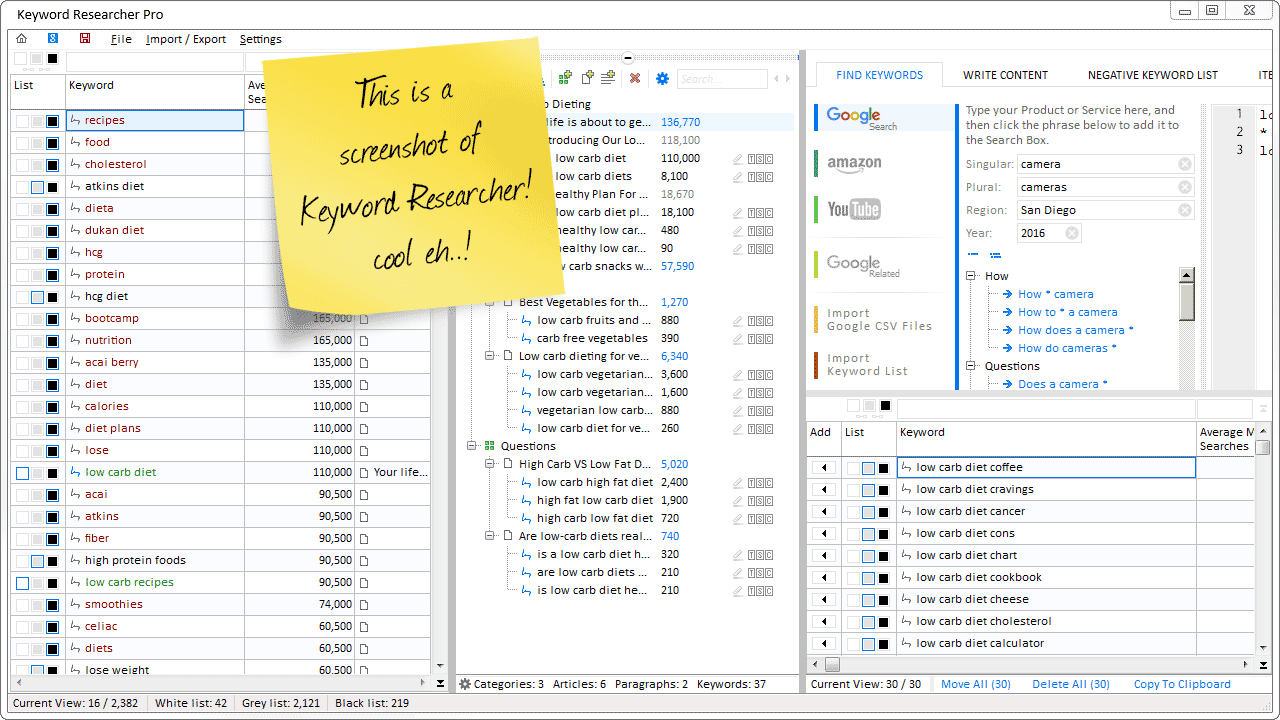
Organize Keywords and Import CSV Files from the Google Keyword Planner
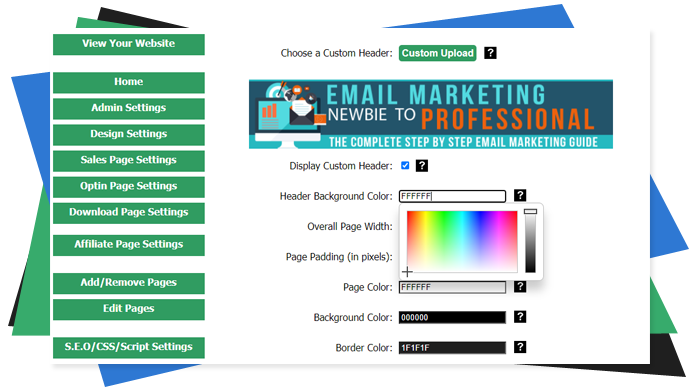
The Most Affordable And Easiest User Friendly Page Builder You Will Ever Use!

Instant WordPress Theme That Matches Your Website
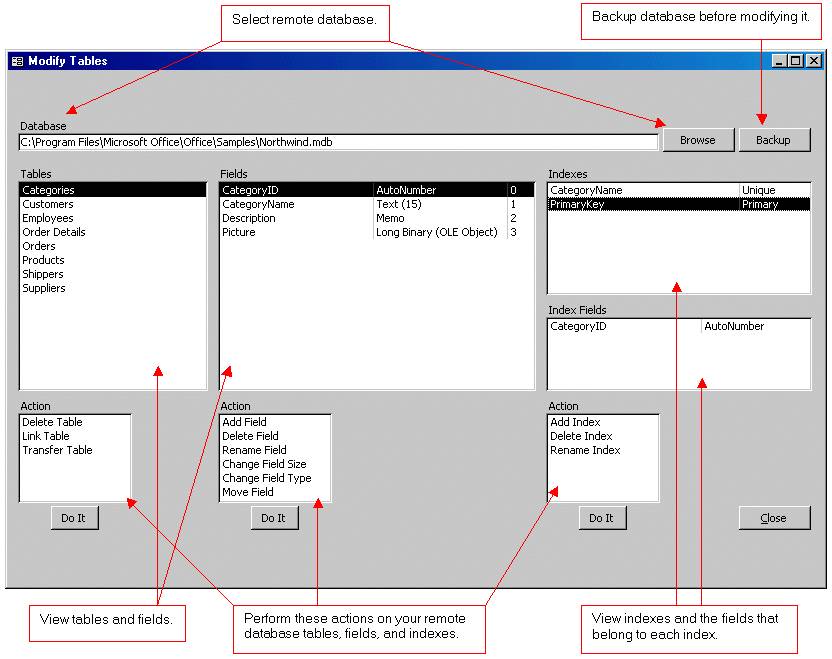
Wizard to Manage Remote Backend MS Access Database Tables Fields and Indexes

If you had an aisle-by-aisle grocery list wouldn't you spend less money on impulse items?
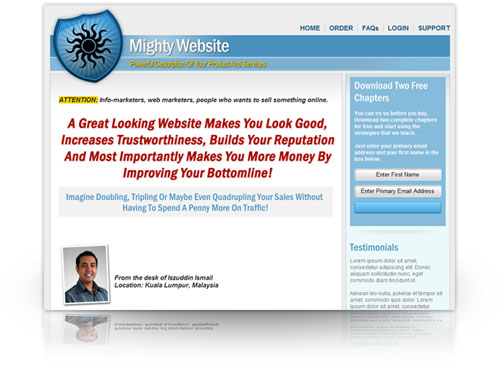
everything you need to create a professional corporate look mini-site is there.
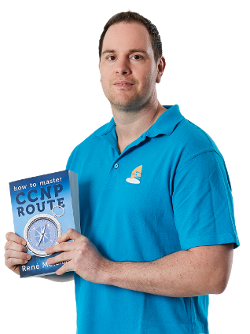
Unlock Your Networking Potential with GNS3Vault
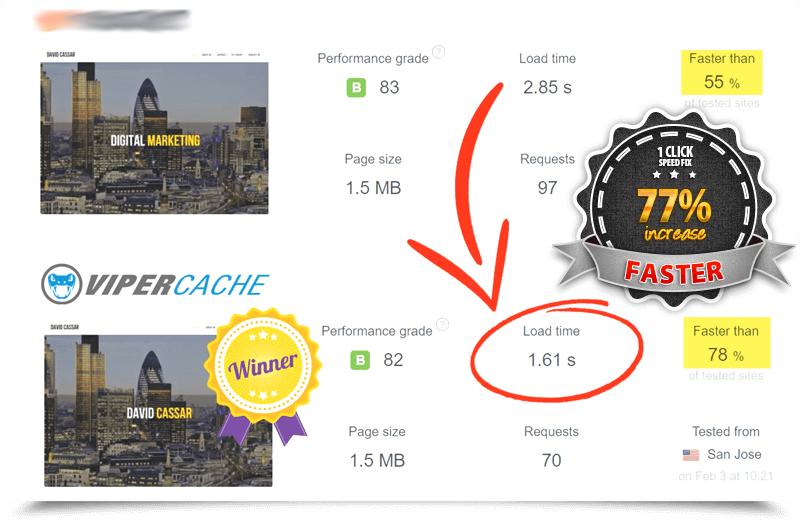
Viper Cache Was 77% Faster Than The Competetion


